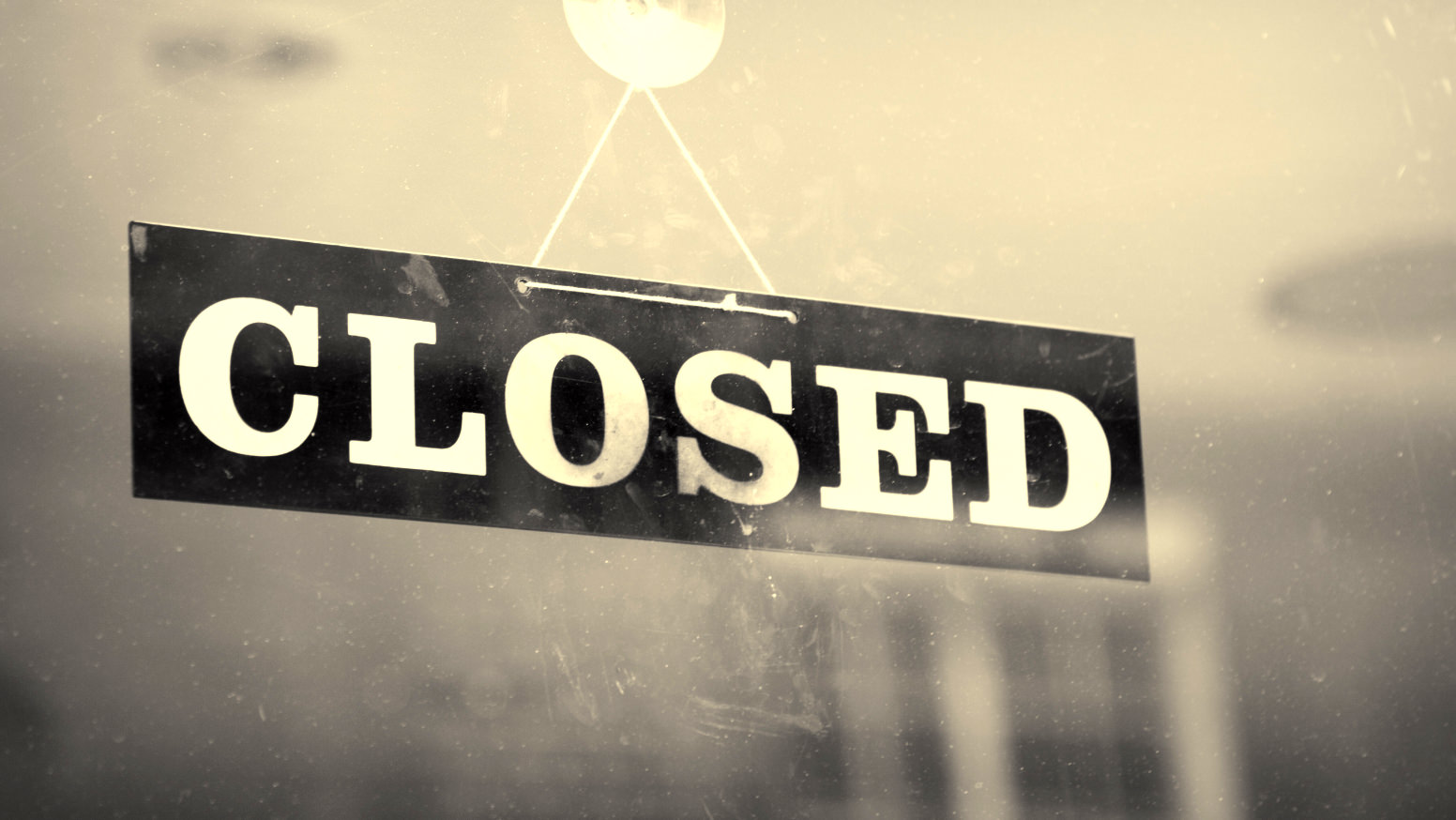Texas bankruptcy attorneys
Closing your Business and need help? Learn more about Chapter 7 Bankruptcy debt relief today.
Legal Services
Resources
Discharge Order
A bankruptcy discharge releases the debtor from personal liability for certain specified types of debts. In other words, the debtor is no longer legally required to pay any debts that are discharged. The discharge is a permanent order prohibiting the creditors of the debtor from taking any form of collection action on discharged debts, including legal action and communications with the debtor, such as telephone calls, letters, and personal contacts.
Although a debtor is not personally liable for discharged debts, a valid lien (i.e., a charge upon specific property to secure payment of a debt) that has not been avoided (i.e., made unenforceable) in the bankruptcy case will remain after the bankruptcy case. Therefore, a secured creditor may enforce the lien to recover the property secured by the lien.
Do I have an absolute right to a discharge?
In chapter 7 cases, the debtor does not have an absolute right to a discharge. An objection to the debtor’s discharge may be filed by a creditor, by the trustee in the case, or by the U.S. trustee. Creditors receive a notice shortly after the case is filed that sets forth much important information, including the deadline for objecting to the discharge.
To object to the debtor’s discharge, a creditor must file a complaint in the bankruptcy court before the deadline set out in the notice. Filing a complaint starts a lawsuit referred to in bankruptcy as an “adversary proceeding.”
Are all my debts discharged?
Not all debts are dischargeable in Bankruptcy. The debts discharged vary under each chapter of the Bankruptcy Code. Section 523(a) of the Code specifically excepts various categories of debts from the discharge granted to individual debtors. The following are usually most relevant to the typical filer:
- certain types of tax claims
- debts not set forth by the debtor on the lists and schedules
- debts for spousal or child support or alimony
- debts for willful and malicious injuries to person or property
- certain debts to governmental units for fines and penalties (SBA loans are dischargeable)
- debts for most government funded or guaranteed educational loans or benefit overpayments, debts for personal injury caused by the debtor’s operation of a motor vehicle while intoxicated, debts owed to certain tax-advantaged retirement plans, and debts for certain condominium or cooperative housing fees.
Creditors must object in certain cases
The types of debts described in sections 523(a)(2), (4), and (6) (obligations affected by fraud or maliciousness) are not automatically excepted from discharge. Creditors must ask the court to determine that these debts are excepted from discharge. In the absence of an affirmative request by the creditor and the granting of the request by the court, the types of debts set out in sections 523(a)(2), (4), and (6) will be discharged.
Have a Question?

The Perliski Law Group is dedicated to helping small business owners survive the closure of their business and the resulting financial damage caused the collapse of their business. During your free initial consultation, we will explain how the Bankruptcy process works and outline the debt relief options that may be available to you under Chapters 7, 11 & 13.

